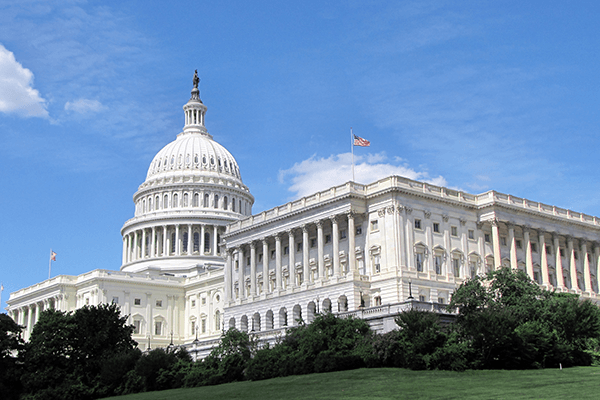
U.S. Senate Majority Leader Chuck Schumer (D-N.Y.), last week announced that Democratic members of the Senate Budget Committee have reached an agreement on a $3.5 trillion spending package. The proposal will move in tandem with the Bipartisan Infrastructure Framework under a special procedure known as reconciliation. This process allows the razor-thin Democratic majority to pass budget-related measures by a simple majority vote—bypassing the need for any Republican support—and skirt the 60-vote threshold typically required for legislation to pass the upper chamber.
This proposal—the cornerstone of President Biden’s infrastructure campaign—pursues a sweeping social agenda and makes one of the largest investments in social welfare, childcare, early childhood development and pre-K, climate initiatives, health care, education reform and workforce development since the New Deal.
This agreement is the result of extensive negotiations between a coalition of progressive Democrats—who were originally eyeing a $6 trillion package that included a non-traditional infrastructure proposal—and moderates, who are focused on bridges, roads and transportation funding.
President Biden still has a long way to go when it comes to securing unified support from all 50 members of the Senate Democratic Caucus. The road to landing an eventual deal was only further complicated this week as the Senate failed to secure the needed procedural votes to move the Bipartisan Infrastructure Framework through the legislative process. Senate negotiators continue to work on an agreement, but it remains unclear if they will need a deal before the planned August recess. For further information, contact Pearce Crosland, Director of Federal Affairs, at pcrosland@boma.org.